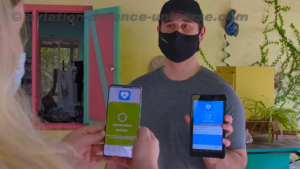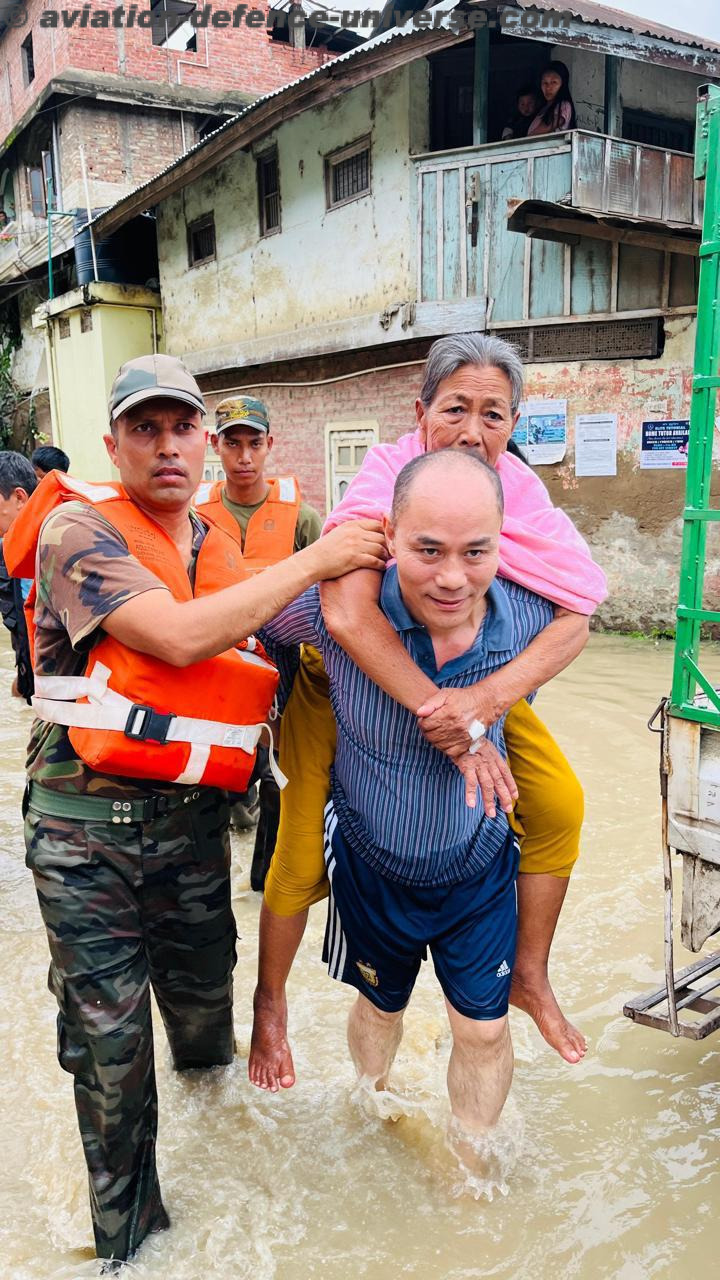- Using blockchain, the app creates a secure travel credential that is accepted by airlines, hotels and hospitality partners without sharing private health information

Oranjestad. 05 May 2021. SITA, together with Indicio.tech and the Aruba Health Department, are trialing the Aruba Health App, a pilot that makes it easy for visitors to share a trusted traveler credential – based on their health status – privately and securely on their mobile device. This credential will provide access to participating hospitality sites on the island.
Aruba is focused on rebuilding its tourism industry in the wake of the COVID-19 pandemic while ensuring that the risk of infection from people visiting the island is minimized. The island has been less impacted by the pandemic than many other countries globally and is open to most tourists. To ensure their safety, and those of the island’s residents, all tourists are required to provide a negative PCR test taken 72 hours before flying.
Using the Aruba Health App, visitors to the island who have provided the required health tests to the Aruba government will be issued with a unique trusted traveler credential, using blockchain technology. This credential then can be verified by hotels, restaurants, and entertainment venues through the unique QR code on a visitor’s mobile device without sharing any private data. The digital credential also enables the Aruba government to restrict visitors from leaving their hotel rooms until they have received a negative PCR test result.
Unlike immunity passports, these verifiable digital credentials are part of a technology known as decentralized identity, an evolutionary leap forward in individual privacy protection and security. It allows users to share only a trusted verification that they have the relevant documentation to complete their transaction, without having to share personal information. This credential can be used across the journey.
This trial is yet another step towards SITA developing a more durable, secure travel credential that could combine all travel documents such as passport, visa and health information into a single credential that puts the traveler’s privacy first. This credential will provide verification that a traveler has the right documentation, making border crossings more automated, with checks done before departure.
Diana Einterz, SITA President for the Americas, said: “Giving travelers the ability to share verifiable health data with relevant stakeholders throughout their journey will help expedite the industry’s recovery. It is vital to ensure we open borders safely and securely, and this trial puts us one step closer to single travel token that will give passengers more control and convenience by allowing them to securely share their credentials with governments, airports and airlines from their mobile device.”
A recent poll from IATA highlighted that 78% of passengers who took part in the survey would only use a travel credential app if they have full control over their data.
Heather Dahl, CEO of Indicio, said: “With the decentralized identity ecosystem we’ve built with SITA for Aruba, we’ve created a path to a better future. We can reopen economies and restart travel without people having to give up their privacy. We’re not just solving a pandemic problem; we’re solving a privacy and security problem. That’s because this technology was designed from the outset to respect a person’s right to control their own data and identity. Aruba and SITA have taken a global lead on privacy-first identity technology for travel, and their pioneering efforts are laying the foundation for a fairer world to come.”
Dangui Oduber, Aruba’s Minister of Tourism, Public Health and Sport, said: “The Aruba Health App is fundamental in balancing the dual challenges of reopening our island to tourism while managing the risks of COVID-19. By providing a trusted traveler credential, we can be sure that visitors have the right documentation needed to move freely around the island while making the verification of that trusted status easy without having to divulge personal information. That is a revolutionary step forward.”






























































































































